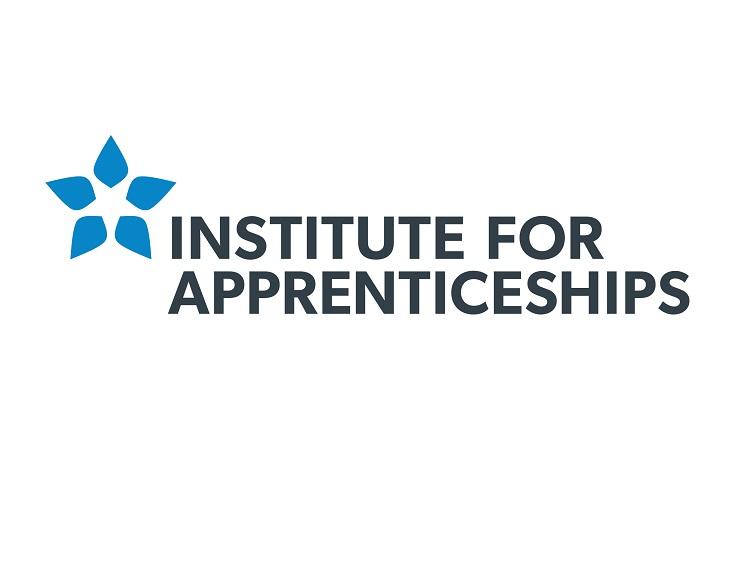Supply chain leadership professional (degree)

Reference Number: ST0548
Details of standard
Supply chain leadership professionals are involved in procuring, producing, moving and delivering a product or service from a supplier (anywhere) to a customer or end-user (anywhere). They have an important role in integrating the functions and processes of customers, distributors, manufacturers, partners, regulators, sub-suppliers and suppliers within and across companies, cities, towns and countries to form an effective and efficient end-to-end supply chain. They are both globally (world-wide) and domestically (UK-wide) capable with an ability to lead effectively, facilitate trade productively and execute a supply chain successfully. To do this, supply chain leadership professionals are effective at working collaboratively with organisations and people and in the use of information and resources.
Main duties and tasks. The role embraces all of the mission-critical business activities of finance, HR, IT, marketing and sales. It exists to drive company growth, increase market share and generate revenue and profit. Main duties include organisation of a company’s supply chain network of product and service delivery across the key operational functions of plan, source, make, deliver, return and enable. All tasks aim to add value to the customer and end-to-end supply chain.
Types of assignmentundertaken. This will vary depending on geography, business size, industry, time-scales, product, system and legislative requirements. Typical assignments will be to:
- achieve marketing advantage through logistics superiority
- design and implement solutions to source and deliver materials into a production facility or of manufactured products to consumers
- explore multi-modal transport and cost-effective storage solutions
- decide where to invest in research and knowledge exchange to bring improvements to supply chain continuity
- optimise assets in the supply chain through continuous improvement
- plan, build and use IT infrastructures to bring new products and services to market
- relationship manage suppliers, intermediaries, third-party service providers and customers
Typical job titles. Supply chain executive; supply chain management lead; chief supply chain officer and demand planner. This occupation works in the public, private and charitable sectors and in all sizes of organisation. It will typically report to (or be a member of) a company’s main executive board, commercial, operational or supply chain director and have geographic, team management, business unit and/or budget responsibilities.
|
Knowledge The Supply Chain Leadership Professional will know and understand: |
Skills The Supply Chain Leadership Professional will be able to: |
|
| Area of Work |
Operational Activity Plan |
|
| Capacity Planning and Forecasting |
|
|
| Supply Network Design |
|
|
| Source | ||
| Finance and Procurement |
|
|
| Inventory |
|
|
| Make | ||
| Operational Design |
|
|
| Deliver | ||
| External Environment |
|
|
| Technology |
|
|
| Return | ||
| Law |
|
|
| Reverse Logistics |
|
|
| Enable | ||
| Leadership |
|
|
| Behaviour | The Supply Chain Leadership Professional will: |
| Adaptive |
|
| Collaborative |
|
| Co-operative |
|
| Enterprising |
|
| Influential |
|
| Motivating |
|
Other Details
| Qualification |
|
| Level |
|
| Duration |
|
| Review Date |
|
English and maths
Apprentices without level 2 English and Maths will need to achieve this level prior to taking the end- point assessment. For those with an education, health and care plan or a legacy statement the minimum requirement is Entry Level 3 and British Sign Language qualifications are an alternative to English qualifications for whom this is their primary language.
Link to Professional Bodies
Membership status may be sought from: Institute of Supply Chain Management (IoSCM), Chartered Institute of Procurement and Supply (CIPS), Chartered Institute of Logistics and Transport (CILT) and Institute of Export and International Trade (IEIT)
Crown copyright © 2017. You may re-use this information (not including logos) free of charge in any format or medium, under the terms of the Open Government Licence. Visit www.nationalarchives.gov.uk/doc/open-government-licence











Responses